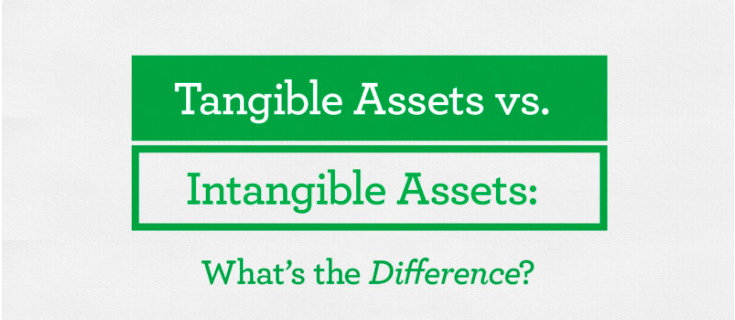
How AI and Technology are Revolutionizing the Real Estate Industry
How AI and Technology are Revolutionizing the Real Estate Industry
The real estate sector has seen significant changes over the past few years, largely driven by technological advancements. From virtual tours to AI-powered property searches, technology is reshaping how buyers, sellers, and agents interact with the market. As more innovations continue to emerge, the future of real estate looks increasingly digital and connected.
1. AI-Powered Property Search and Matching
Gone are the days of endless scrolling through listings and attending open houses. AI is transforming property searches by offering highly personalized recommendations based on individual preferences, search history, and behavioral patterns. This technology uses machine learning algorithms to predict the best matches for potential buyers, considering factors like location, price, and even lifestyle preferences (e.g., proximity to schools or public transportation).
For real estate agents, AI offers a powerful tool for streamlining the buying and selling process, improving lead generation, and helping to close deals faster.
2. Virtual and Augmented Reality (VR/AR) for Property Tours
Virtual tours have become a game-changer in the industry. Thanks to VR and AR, potential buyers can now explore homes from anywhere in the world. Virtual home tours allow for a fully immersive experience, where users can walk through the property in real-time. AR, on the other hand, lets buyers visualize how furniture or changes to the space would look before making a decision.
This technology also helps sellers showcase their properties more effectively, as buyers can explore homes at their convenience without scheduling an in-person visit. It’s a win-win for both sides.
3. Smart Homes and IoT Integration
As the demand for smart homes continues to rise, the Internet of Things (IoT) is taking center stage in real estate. From voice-controlled lighting to advanced security systems, smart home devices enhance the convenience and energy efficiency of a property.
AI is at the heart of many of these innovations, learning from a home’s usage patterns and optimizing energy consumption, security features, and even the overall atmosphere. For instance, AI can adjust the temperature and lighting based on time of day or occupancy, making homes more efficient and comfortable.
4. Predictive Analytics for Market Trends
Real estate is largely driven by market trends, and understanding those trends can give investors, developers, and agents a competitive edge. Predictive analytics, powered by AI, provides valuable insights into future market conditions, property values, and neighborhood dynamics.
By analyzing vast amounts of historical data and current market conditions, AI can predict which areas are poised for growth, which types of properties are in demand, and what prices are likely to rise. This helps investors and developers make informed decisions about where to buy, when to sell, and how to price properties.
5. Blockchain Technology for Secure Transactions
Blockchain is another technology making waves in the real estate market. Known for its ability to securely store data in a decentralized manner, blockchain can be used to streamline property transactions. It ensures transparency, reduces fraud, and eliminates the need for intermediaries, such as notaries or banks.
For buyers and sellers, blockchain provides a way to execute contracts digitally and efficiently, speeding up the often cumbersome process of closing a deal. It also allows for fractional ownership of properties, enabling smaller investors to participate in real estate markets without needing large amounts of capital.
6. AI in Property Management
Property management is becoming increasingly automated, thanks to AI. Chatbots and virtual assistants are now available 24/7 to answer tenant queries, schedule maintenance, and even handle rent collection. AI algorithms can also predict when maintenance is needed based on data from sensors installed in the building, helping landlords proactively address issues before they become costly problems.
For tenants, this means quicker responses and better overall experiences, while for property managers, it reduces workload and enhances efficiency.
Conclusion
As the real estate industry continues to evolve, the integration of technology and AI is at the forefront of driving change. From AI-powered property searches to smart homes, blockchain transactions, and predictive analytics, these technologies are reshaping the way we buy, sell, and manage real estate.
The real estate professionals who embrace these innovations will not only gain a competitive advantage but will also be better equipped to meet the ever-changing needs of today’s tech-savvy consumers. The future of real estate is here—and it’s digital.

 January 30, 2025
January 30, 2025



